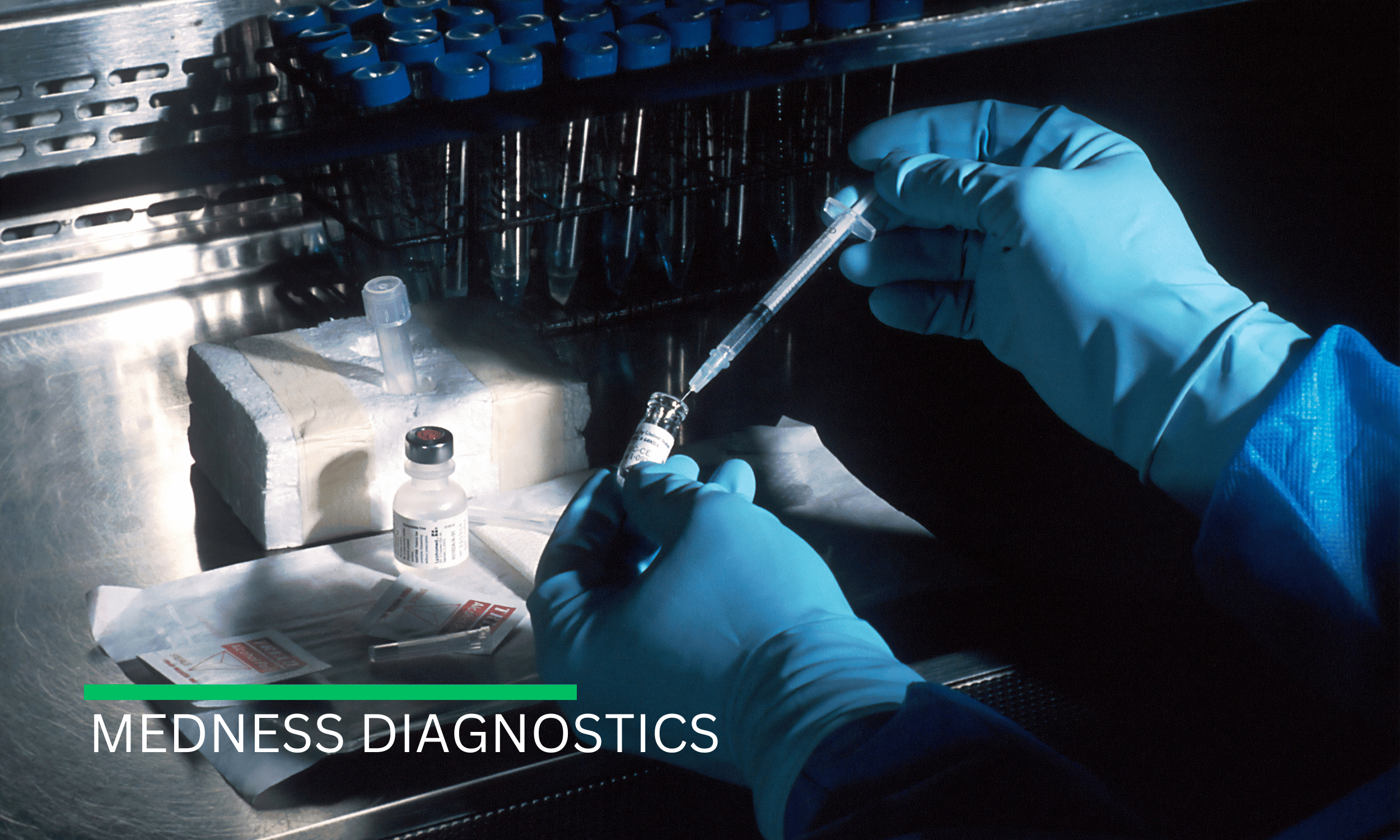Exact Sciences was founded in 1995 with the visionary, and perhaps ahead of its time goal of developing non-invasive colorectal cancer (CRC) testing. The company’s early and innovative stool-DNA tests like PreGen-Plus faced financial struggles and regulatory headwinds. The turning point was the 2009 collaboration with the Mayo Clinic for licensing the stool DNA test for colon cancer and pre-cancerous adenomas, developed by David Ahlquist. This led to the flagship Cologuard stool DNA test that effectively overcame barriers linked to colonoscopy-based CRC screens and provided Exact tremendous success in seizing an opportunity to enhance diagnostics by simplifying screening procedures. Cologuard claimed pole position in 2014 as the first FDA approved stool DNA test for CRC screening. The approval, fortified by crucial partnerships with Mayo Clinic, LabCorp, and other laboratories, coupled with insurance coverage breakthroughs, propelled rapid growth. By the 2020s, Exact Sciences garnered almost $1 billion in revenue, capturing a 30% market share in US colorectal screening. Meanwhile, while maintaining a focus on colorectal cancer, Exact Sciences envisioned broader potential in revolutionizing cancer detection for various tumor types, including emerging blood-based multi-cancer detection.
Exact Sciences demonstrated its commitment to liquid biopsies and multi-cancer early detection (MCED) through strategic moves, starting with the 2018 acquisition of Biomatrica, bolstering expertise in stabilizing and analyzing cell-free DNA. This initiative was followed by targeted advancements encompassing clinical studies and strategic acquisitions. Notable among these studies is the BLUE-C prospective study, evaluating a blood test’s efficacy for CRC and other cancers. Noteworthy M&A transactions involving Genomic Health, Paradigm Diagnostics, and Viomics significantly expanded the company’s genomic and deep sequencing-based diagnostic capabilities. The acquisition of Base Genomics added methylation pattern expertise to the diagnostic toolkit. A pivotal development in (MCED) capabilities occurred with the 2021 acquisition of Thrive Earlier Detection, the startup renowned for early-stage screening and the CancerSEEK test.
These ventures yielded substantial success, ushering in multiple product launches throughout the 2020s. The Oncotype portfolio includes various tissue-based tests leveraging precision genomics to guide therapy across solid tumors. Notably, Exact Sciences commercializes the Epic Sciences liquid biopsy OncotypeDx AR-V7 Nucleus Detect test for prostate cancer therapy guidance through a licensing agreement. Oncoguard Liver liquid biopsy utilizes an innovative combinatorial DNA and protein biomarker panel for early hepatocellular carcinoma diagnosis. Other offerings like the Riskguard hereditary cancer test and OncoExTra whole exome/transcriptome sequencing aid therapy selection.
However, Exact’s robust pipeline holds even greater potential for comprehensive cancer diagnostics. This encompasses ctDNA-based CRC screening and liquid biopsy for minimal residual disease (MRD) detection, plus a multi-biomarker MCED program. The MRD test harnesses TARDIS technology licensed in 2021 from TGen, which in recent studies showed higher accuracy versus other ctDNA approaches. The MCED test in development, dubbed Cancerguard, builds on the CancerSEEK test, which in 2018 was the first MCED test to receive breakthrough device status designation by the FDA. The test takes a multi-biomarker approach integrating mutations, methylation, proteins, aneuploidy, and machine learning. Encouraging real-world MCED outcomes are emerging from studies like DETECT-A, a large prospective interventional study and Exact anticipates finalization of the test by the end of 2023. In September 2023, Exact acquired Resolution Bioscience from Agilent, further bolstering its next-generation sequencing-based precision oncology capabilities.
By strategic acquisition of pioneering MCED players, Exact has gained inside track in the race with Grail, Guardant and others to establish the feasibility of multi-cancer blood screening. While the validation of performance and the establishment of appropriate utilization for such testing continue to present challenges, the successes of Cancerguard have the potential to transition Exact from a specialist in colon cancer to a comprehensive entity guiding early screening efforts across a spectrum of major tumor types.




